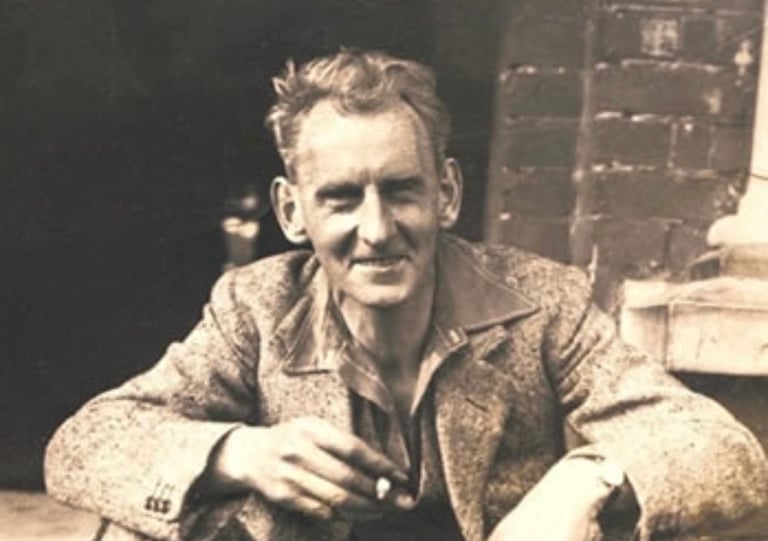Scholarship
Writings on Alternative Education
A (useful?) collection of titles and links
MLC's founding was part of an educational shift in the 1960s known as the Free Schools Movement, sparked by lore from A.S. Neill's Summerhill School in England and his 1960 book about it, but taking on a life of its own in the U.S. counterculture. The relevant Wikipedia article notes several rises and falls of interest in free schools, cites research on their effectiveness and limitations, and includes multiple references.
Apparently the first full historical treatment of the movement was Ron Miller's 2002 book Free Schools, Free People: Education and Democracy after the 1960s, presented and described here, on Amazon.com (it does not have its own Wikipedia page). A related, more recent book by Miller is The Self-Organizing Revolution: Common Principles of the Educational Alternatives Movement , from 2016 (likewise on Amazon).
Drawing on Miller, a recent and very useful University of Washington master's thesis by Alicia Richard (who has taken the time to correspond) is titled "What Happened to the Free Schools?: The Free Schools Movement in the United States, 1967-1972" (2021; it quickly shows up in searches, revealing consensus regarding its worth!). Richard accessibly explains the different flavors of US free school that emerged in particular from the work of Neill, Jonathan Kozol, John Holt, and George Dennison, and argues that both the differences and the thinkers' debates helped fragment what might have been a more cohesive and longer-lasting movement.
Richard's primary source is the New Schools Exchange (NSE) Newsletter, published from 1969-72, in which far-flung US free school communities shared growing pains, ideas, successes, and divergences.
One author cited by Richard and frequently by others is Jonathan Kozol, whose several books were influential in early education reform, particularly Death at an Early Age, from 1967—kind of a Silent Spring for education—and Free Schools, from 1972. Kozol visited MLC around the time the latter book was published, speaking at an education reform symposium held at the Keller (then Civic) Auditorium, in which MLC students participated and at which the B1 Band performed.
It is important to note that the 1971 University of Oregon PhD dissertation by one of MLC's founders, Manny Bernstein, titled A Handbook for Living and Teaching with Freedom, which he researched at MLC starting in 1969, is a significant piece of original research in the literature on free schools.
Another proceeding often cited, related to Kozol's work, which also apparently had a substantial impact on the course of 1960s education reform, was a Stanford University conference titled "The Schoolhouse in the City" held July 10-14, 1967, focused on issues of urban education.
The book Non-Coercive Classrooms: Successful Students, Successful Teachers, by Canadian educator Rolf Ahrens, appears just to have been published, in September 2024. Here it is available from the Canadian self-publishing house Friesen Press.
Dr. William Glasser was an influential and iconoclastic psychiatrist who studied the effects of coercive educational environments and advocated for education reform. Here is his 1990 book, The Quality School: Managing Students Without Coercion, presented at Goodreads.com.
A 2009 blog post in Psychology Today by Dr. Peter Gray is titled "Our Social Obligation: Educational Opportunity, Not Coercion." Dr. Gray is a Boston College scholar who has written extensively about children's natural ways of learning and the life-long value of play. He a founding member of the nonprofit Alliance for Self-Directed Education.
The National Dropout Prevention Center's take on "Alternative Schooling" is focused, not surprisingly, on the sort of at-risk model toward which some PPS administrators seem perennially to want to bend MLC's mission ... but it does mention in passing Schools of Choice, Magnet Schools, etc.
Resources from The Renegade Educator based in Atlanta, Georgia, consider some of the questions MLC grapples with but highlight online programs that have blossomed in the wake of Covid. (It is not to be confused with Oregon's own theater-focused Renegade Education Project or, for that matter, Cheryl Howard's Renegade Education initiative out of Las Vegas).
THIS PAGE is meant to serve as a resource for anyone investigating scholarly, mainstream, thoughtful or thought-provoking work on topics that underlie the Metropolitan Learning Center's philosophy and approach—free schools, alternative or non-coercive education, self-directed learning, unschooling, magnet schools, at-risk youth, etc.
It will start out as a somewhat random collection of found material, supplementing more specific topics covered in posts in this section and elsewhere on the mlcalumni website.
As it evolves and the list of references grows, citations will surely be categorized, prioritized, further annotated, and ordered by date.
Meanwhile, anyone with a favorite or a pertinent source is invited—begged!—to share it through our online submittal form.
Thank you and happy investigation!


A.S. Neill, founder of Summerhill, as a younger man (courtesy of the Summerhill School website)
